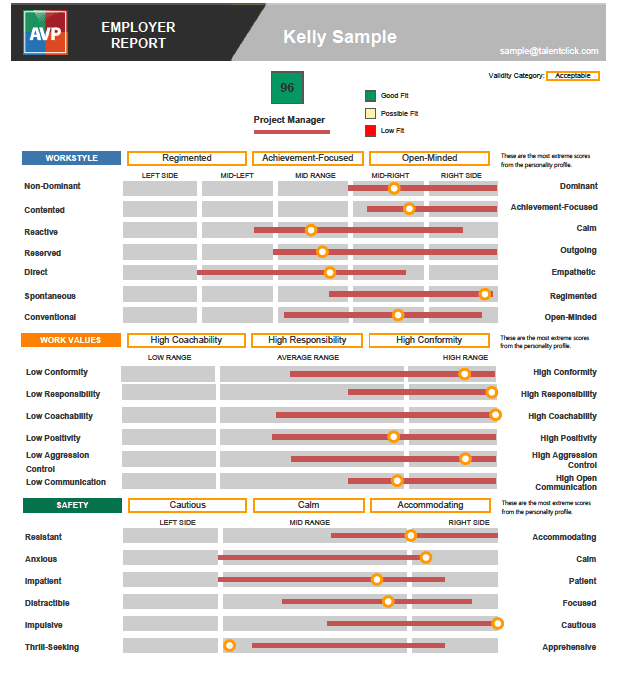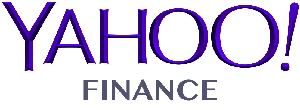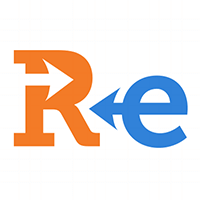As the current labor shortage surges through the market, employers don’t have the choice they used to when hiring. Forced to help fill the gap in technical expertise, employers are realizing the power of hiring for Soft Skills and then building necessary hard skills to fill in the gaps. A recent McKinsey Global Survey highlights the importance and value of Soft Skills within organizations:
“The pandemic has dramatically accelerated the need for new skills in the workforce, with social and emotional skills high in demand. The proportion of companies addressing empathy and interpersonal skills doubled in 2020.”
– McKinsey Global Survey on reskilling
Soft Skills can be identified in workers at an early stage. These hires may be missing technical skills, but they have just as much potential to be top performers as those with the technical expertise. LinkedIn’s annual release of the Global Talent Trend report puts some of these Soft Skills like Adaptability, Collaboration, Creativity and Persuasion at the top of the list for desirable employee traits. But how do you know who’s got them?
Take a look at the 4 things you should know about Soft Skills and how to spot them using behavioral assessments:
1. Soft Skills are Skills.

Soft Skills determine how an employee will show up each day, their likelihood of being a top performer in the role, and most importantly, how they will grow and develop throughout their career. Soft Skills look beyond the resume and help predict on-the-job behaviors.
For example, looking at Attitude, Values and Personality assessments can show us someone’s natural leadership potential and adaptability, both in-demand Soft Skills in today’s landscape:
Leadership & Drive
Individuals who score highly Achievement-Focused are motivated by challenging goals. Even if lacking some hard or technical skills, a person who is self-driven and hard-working may learn those hard skills independently. Conversely, highly Contented individuals are more comfortable repeating tasks they have already mastered. These individuals excel when placed in roles where performance goals are stable overtime, ie. administrative roles.
Adaptability
Individuals who score highly Regimented work through a planned and detailed approach to tasks. These individuals are often naturally compliant with rules and fit roles where process and structure are essential. On the other hand, highly Spontaneous individuals take a more flexible approach to tasks. They are skilled at improvising and adapting, which may be important if your organization values adaptability in a rapidly changing environment like a start-up or new business.
“Soft Skills facilitate collaboration in the workplace. Employees with certain types of Soft Skills are more productive, use their initiative more frequently, and handle frustration well. There is scientific research that shows companies that focus their hiring criteria on Soft Skills will end up with higher levels of production over those that emphasize only hard skills in their hiring practices.”
– Top Soft Skills for 2021 – LinkedIn
2. It’s harder to teach Soft Skills than Hard Skills.
Soft Skills are the foundations of personality, and therefore behavior. These skills have formed throughout an individual’s development and can be harder to teach than hard skills.

Coachability measures how likely an individual is to change their behavior and readily implement feedback from others.
Open Communication measures an individual’s likelihood to share information and embrace collaboration. These Soft Skills set individuals up for success in a role, as strong communication skills are highly valued for building strong teams and organizational culture.
89% percent of recruiters say when a hire doesn’t work out, it usually comes down to a lack of Soft Skills.
– 2022 Global Talent Trends Report – LinkedIn
3. Soft Skills can be measured.
Through Normative Personality and Behavioral Assessments, organizations can measure Soft Skills. Normative assessments measure the participant in relation to others, to allow organizations to draw meaningful comparisons between individuals.
Let’s look at Safety Risk and Rule Resistance. The TalentClick Safety Quotient measures risk tolerance on a normative scale and assesses an individual’s risk-related personality traits. These traits include Rule Resistance, Distractible, Impulsive and Thrill Seeking – all proven to impact unsafe behaviors on the job. For example, individuals who are highly Resistant often question and defy safety rules which can lead to increased injuries, incidents, and costly property damage.
With 90% of workplace safety incidents caused by human error, understanding an individual’s tolerance for risk is critical. Most companies using Safety Quotient have reduced workplace incidents by more than 25%.
4. Soft Skills are the foundation of FIT.
Job Fit is the likelihood that someone’s personality and default settings align well with the daily tasks and requirements of the role. Organizational Fit looks at the possibility that someone will reflect or adapt to cultural values. Soft Skills are the foundation of how an individual will excel and stay in the role long term.
Benchmarks measure FIT. Developed with top-performing data or industry norms, Benchmarks can serve as a standard point of reference to compare profiles of candidates and highlight areas for coaching and development.
Measuring an individual’s Soft Skills fit for a job can lead to employees being more fulfilled at work and keep them in the job up to 40% longer.
TalentClick Research Study – Security Services
Soft Skills are essential to finding, hiring, and retaining workers in the current labor shortage. Find workers with potential for excellence, and develop them into your top performers. You won’t be disappointed!











